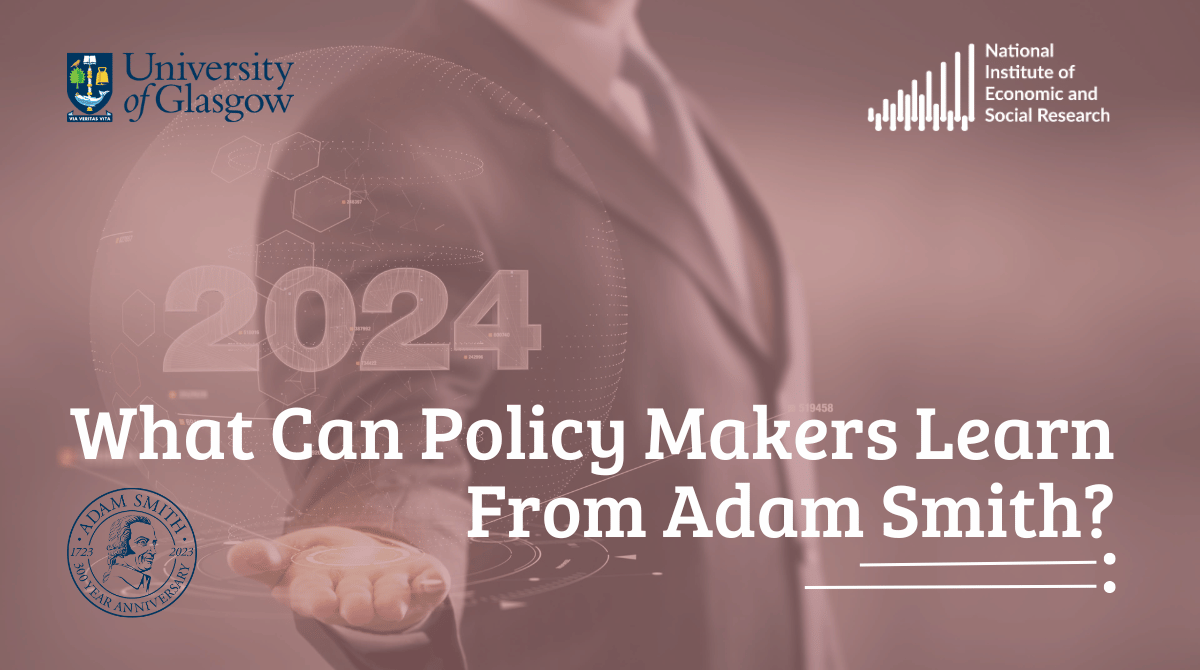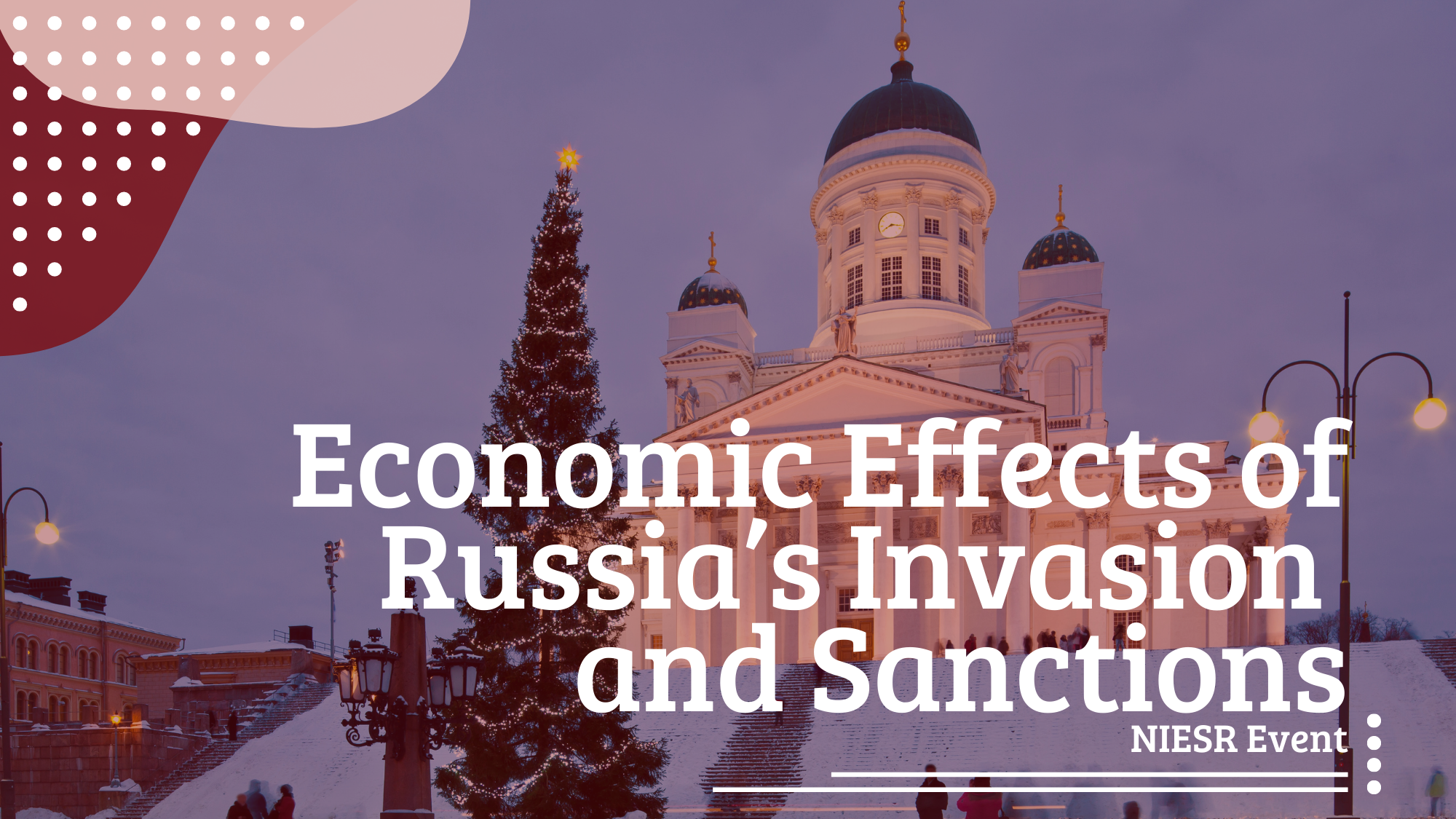- Home
- Publications
- Is Employer Sponsorship A Good Way To Manage Labour Migration? Implications For Post-Brexit Migration Policies
Is Employer Sponsorship a Good Way to Manage Labour Migration? Implications for Post-Brexit Migration Policies
 Pub. Date
Pub. Date
 Pub. Type
Pub. Type
External Authors

Sumption, M
Related Themes
Political EconomyJEL Code
F22, J61
Journal
National Institute Economic Review
Publisher
Sage Publications, London
External Resources
https://journals.sagepub.com/doi/full/10.1177/002795011924800111
Issue
248
This paper examines the implications of labour migration models that rely on employer sponsorship. According to UK government proposals, long-term migration into high-skilled jobs after Brexit will require workers to be sponsored by employers, while workers in low-skilled and low-wage jobs will receive short-term work permits that do not require an employer sponsor. The paper argues that choosing employer sponsorship over worker-driven routes has three key effects: it gives the government greater ability to regulate which jobs migrants fill; it gives employers more power over their workforce; and it increases the administrative burden associated with hiring workers from overseas. This implies that in high-skilled jobs, employer sponsorship is likely to improve the skill composition of labour migrants but reduce the total number of skilled workers admitted; and that in low-skilled positions the government faces a trade-off between the ability to channel workers to specific jobs (including those where employers struggle to attract workers) and the risk of increasing underpayment or exploitation.
Related Blog Posts

What Can Policy Makers Learn From Adam Smith?
Sayantan Ghosal
Graeme Roy
11 Mar 2024
5 min read

Reflections on the 2024 Spring Budget: What Was and Wasn’t Addressed
Monica George Michail
Stephen Millard
11 Mar 2024
5 min read

How the Chancellor’s Budget Could Help Households and the Struggling Regions
Arnab Bhattacharjee
Robyn Smith
Adrian Pabst
04 Mar 2024
6 min read

Adam Smith’s Division of Labour in Today’s World of Global Markets
Diane Coyle
25 Jan 2024
4 min read
Related Projects

Related News


Related Publications

Geopolitical Risks and the Global Economy
07 Feb 2024
Global Economic Outlook Box Analysis


Adam Smith and the Bankers: Retrospect and Prospect
04 Jan 2024
National Institute Economic Review

On the Promises and Perils of Smithian Growth: From the Pin Factory to AI
04 Jan 2024
National Institute Economic Review
Related events

What Can Policy Makers Learn From Adam Smith?

NMITE and the Political Economy of Higher Education – Jesse Norman

Economic Effects of Russia’s Invasion and Sanctions

2022 Deane-Stone Lecture – The Uses and Abuses of Economic Statistics

The Political Economy of Devolution in, and Secession from, the UK

What Next for the Levelling-Up Agenda? Addressing New and Old Challenges in the UK Regional Inequalities Landscape




